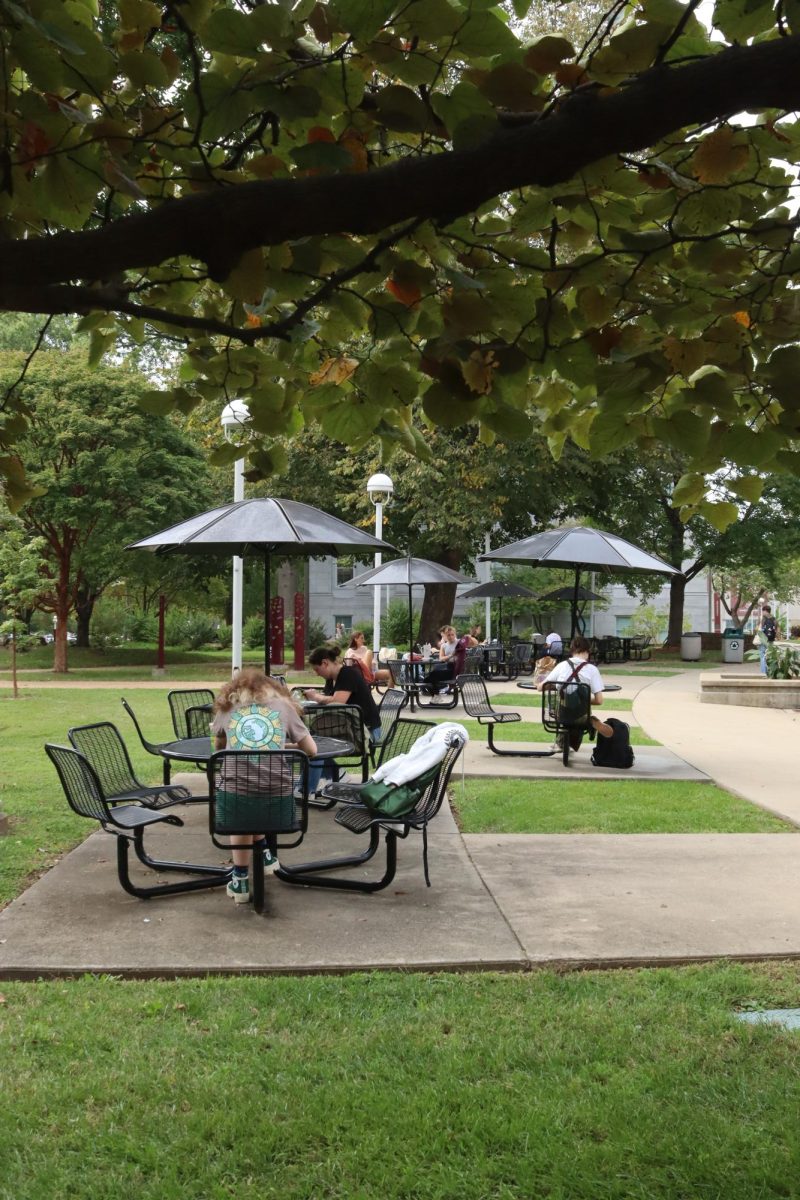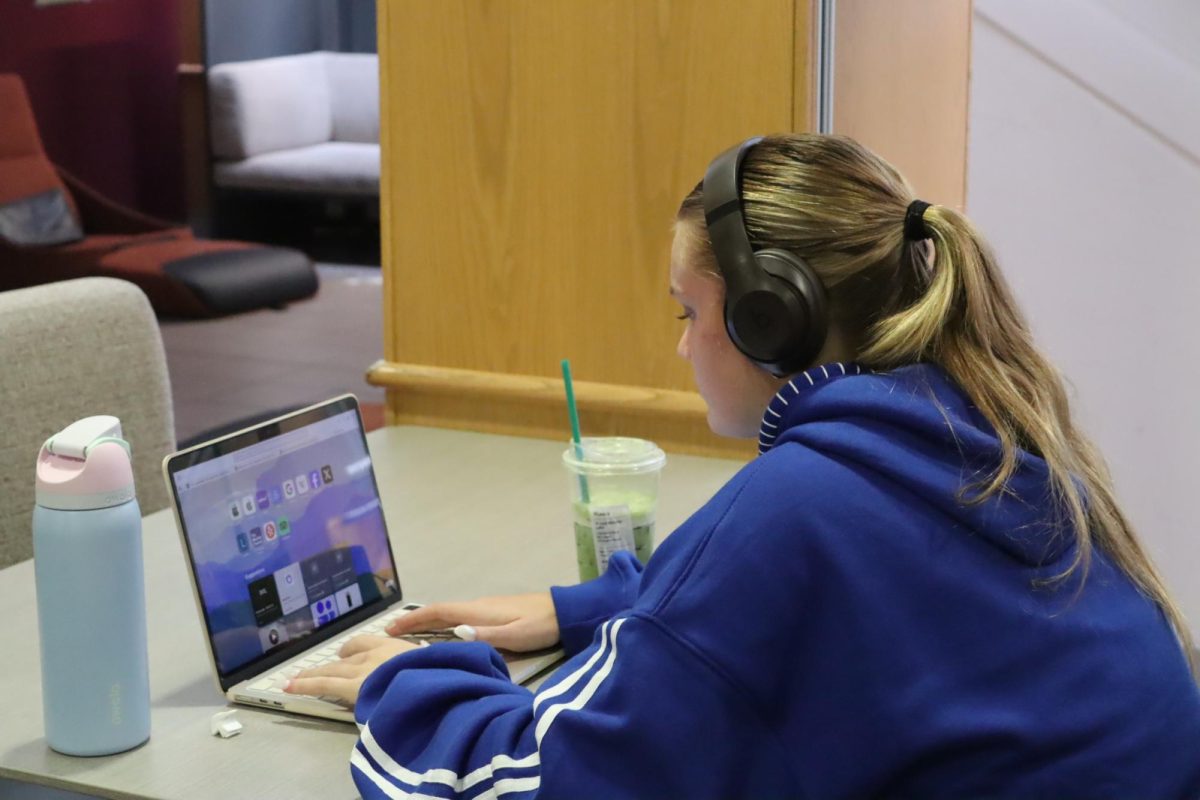As summer wraps up and students get back into the usual high school grind, the balancing act takes hold. Along with the regular school schedule on their plates, many students also have to balance their work, sports, clubs and other activities with their home life and possible part-time jobs. The workload can be a lot, and so can the stress that comes with it.
“The most stressful part of high school is probably the difference of homework, and trying to balance your work,” freshman Vanessa Lowry said. “Because at the junior high, you had just a little bit of homework, but now you have more advanced classes and more things to do.”
Figuring out strategies to help cope with the stress of everyday life can be a lifelong skill that both teens and adults may find useful.
“Students today, you have very overwhelming schedules, and you’re trying to fit it all in academically,” Dana Uber, sophomore counselor, said. “You all have got a lot going on.”
With the overflow of things going on in the typical high school schedule, it can be easy for students to feel overwhelmed. Uber recommends that students who are feeling stressed or overwhelmed should start small, work with what’s in front of them and aim to create a positive mindset.
“I always say, ‘If you’re going to climb a mountain, if you stand at the bottom of it and look up, you’re right, it does look impossible,’” Uber said. “But if we look at what’s directly in front of us, one step at a time, [these things can become possible], and that’s hard. Your mind is such a powerful thing.”
Another skill that might prove helpful in eliminating some of the stress from school is a student’s ability to manage their time wisely.
“Managing time is a big thing now,” Lowry said. “It’s super important.”
Busy school schedules may require students to be mindful of how they spend their time and what they spend it on.
“I try to do as much as I can at school, and I try to… complete my tasks as soon as I can,” senior Anistyn Stennett said. “So if it’s due on Thursday, I don’t wait until Thursday to do it, or even Wednesday night. I just try to get it done as soon as possible.”
Stennett said to help manage her workload, she tries to stay as organized as possible and get the most important things done first. She said that students who tend to procrastinate and are struggling to start working should pick a place to begin and keep moving forward.
“Eventually, you just have to pick somewhere and you have to start,” Stennett said. “Once you start, it’s easier to do [the task] because I feel like the problem [is] not always as bad as you think it is. You think it’s super messy, you think you have so much to do, and honestly, if you just get started, you realize that it’s manageable and not as stressful as it seems.”
Uber said that if things really are too much, it’s OK for a student to change their schedule.
“I am proud of students that advocate for themselves, that will come in and say, ‘This is too much. I thought I could do it, but… with the rest of my schedule, I really do not think I can do this.’”
Balancing all of these factors may be difficult. With this in mind, NHS has resources available to students who are struggling with stress or anxiety. Teachers and counselors, most often, are open to helping students.
“Use your resources,” Uber said. “Ask somebody. Teachers love communication from students. … They want to know the good, they want to know the bad, and they want to know that you’re open to suggestions. They can’t help you if they don’t know that it’s occurring. Teachers and counselors aren’t just able to help, but they want to help.”
Uber said that handling stress is a life skill that many people continue learning even past high school.
“Learning to cope with stress is something that people learn throughout their lives,” Uber said. “You won’t be a master of it in high school. It’s a lifelong skill, and you’re constantly learning and adjusting, and your coping skills change.”
Uber said students don’t always realize just how much power and control they have over a situation, and while teenagers can’t always control every aspect of it, the key is figuring out what they can control.
“You’re in the driver’s seat,” Uber said. “You’re in control of this.”
Stennett said that stress, while difficult, can also motivate students to work harder and get things done.
“Everything causes stress and stress is important,” Stennett said. “If you didn’t have stress, you wouldn’t get anything done.”
Categories:
Mindful Moments, Meaningful Progress
Students can learn to flourish amid the stress high school may bring
Mindfulness Illustration
0
More to Discover
About the Contributor
Vanessa Brady, Photo Editor
Hi! I’m Vanessa Brady. I’m a staff writer and photo editor for the Wingspan magazine. I cover sports stories, news stories, and fun features stories. When I’m not writing or snapping pictures, I enjoy playing my violin and hanging out with friends and family.







